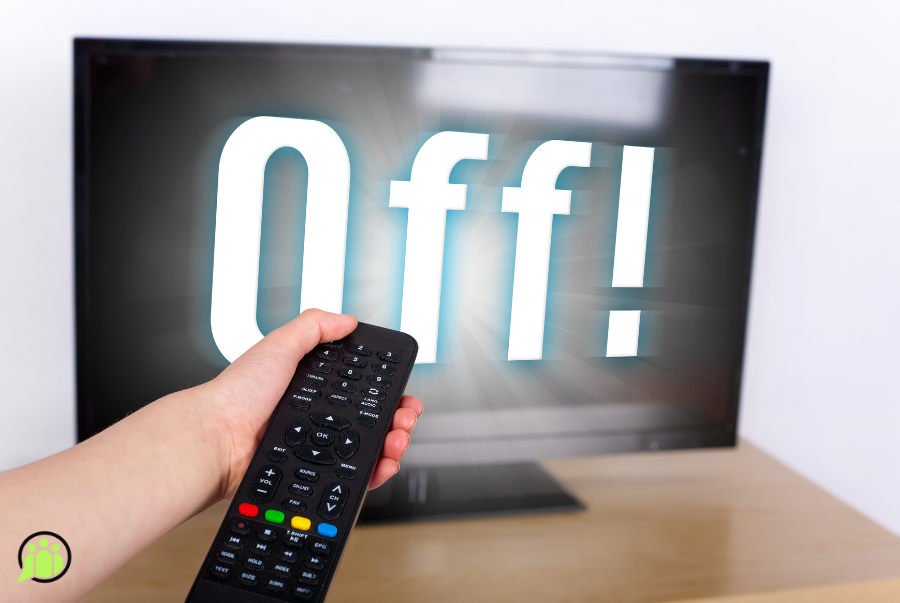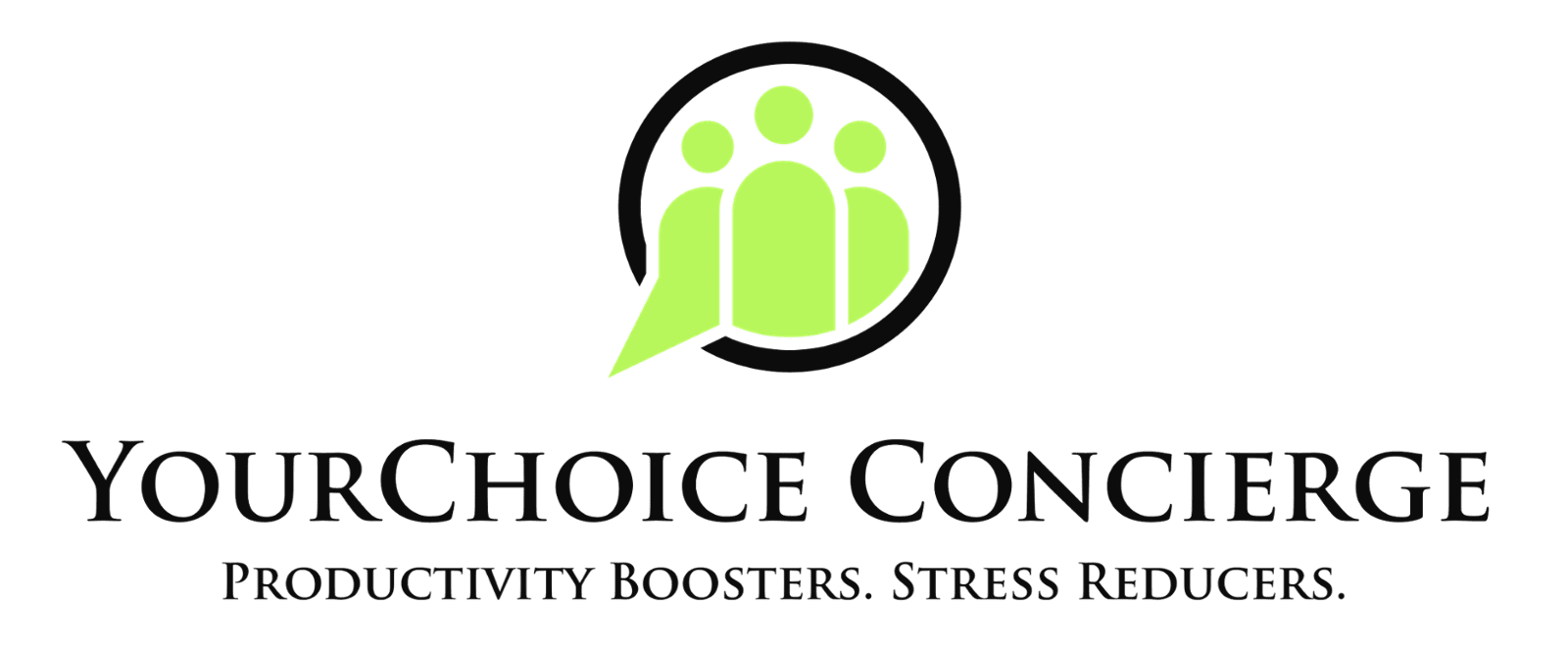Improving Your Productivity

Productivity is the measure of how much work someone can accomplish in a given amount of time. When you’re productive, you are able to accomplish more in less time. But everyone is different and so are productivity levels. People have different capabilities, skills, and preferences which can affect their ability to stay productive. Two people may have the same task to complete, but one person may complete it more quickly and efficiently than the other.
There are several reasons that some people struggle with being productive and making the most of their time, the first being a lack of motivation. When people lack motivation, they may struggle to find the energy or enthusiasm to be productive. This can be caused by many factors such as boredom, burnout, depression, just feeling overwhelmed or uninterested in what you’re doing. Being distracted may also be another reason you find yourself less productive. Distractions, both internal and external, can make it difficult for you to focus and stay on track. For example, social media, emails, or phone notifications can all disrupt your workflow. Another reason people struggle with productivity is poor time management skills. People who struggle with managing their time effectively may find it challenging to prioritize tasks, set goals, and meet deadlines. Perfectionism can also hinder productivity. People who strive for perfection may struggle with being productive because they spend too much time trying to achieve a perfect outcome instead of focusing on completing tasks efficiently. A lack of skills or resources can also affect your productivity. If you lack the necessary skills, knowledge, or resources to complete your tasks it can be difficult to stay productive. Dealing with physical or mental health issues may also hurt someone’s ability to be productive. For example chronic illnesses, sleep disorders, or anxiety can make it challenging to stay focused and motivated.

It's important to note that there is no one-size-fits-all explanation for why people struggle to be productive. Everyone is unique, and a combination of factors may contribute to challenges with productivity. If you’re struggling to stay productive you may find yourself missing deadlines, feeling overwhelmed, producing low quality work, procrastinating, and consistently distracted among other things. The good news is that improving your productivity is possible. Keep in mind that everyone's productivity level is different, therefore everyone’s steps to improvement will also look different. There are several ways to improve productivity and it’s important to figure out what works best for you.
First, try setting goals. You can improve your productivity by setting specific, measurable, achievable, relevant, and time-bound goals. This includes breaking down larger tasks into smaller ones, with more manageable steps. Doing this will make it easier to stay on track and avoid feeling overwhelmed. Setting goals also gives you something to work towards and can provide a sense of purpose and direction which will increase your motivation and help you stay committed to completing your tasks. In short, goals can help you to stay on track and accomplish more in less time therefore increasing your productivity
To stay productive you should also prioritize your tasks. Prioritize them based on their importance and urgency. This will help you to focus on the most important tasks first and avoid wasting time on less important things ensuring you're making the best use of your time. When you have a clear plan for what needs to be done and in what order, you can approach your work with more confidence and a greater sense of control
Prioritizing your tasks is a key component when it comes to improving your productivity. You will make better decisions about how to allocate your time and resources. It also helps you avoid making hasty or ill-informed decisions that can negatively impact your productivity.

Improving your time management skills will also improve your productivity. Using tools like calendars, timers, and to-do lists will help you manage your time and stay organized. In turn, this will allow you to be more productive and accomplish more tasks. Proper time management also reduces the risk of feeling overwhelmed or falling behind on your work which can lead to stress and will negatively impact how productive you are. Completing tasks in a timely manner and staying on track, will make you feel more motivated and more productive.
Another important step to improving your productivity is to eliminate your distractions. That’s anything that can disrupt your workflow or concentration and make it harder for you to focus. This includes turning off notifications, closing unnecessary tabs and minimizing interruptions among many other things. These distractions can waste time and reduce your efficiency. They can also increase the likelihood of making errors, particularly in tasks that require a high degree of concentration. Eliminating distractions will create a more conducive environment for focusing on your tasks and allow you to work much more efficiently.
Most people don’t think about taking breaks when it comes to improving their productivity, but it helps. Taking regular, short breaks can help you recharge your batteries and stay focused longer. Breaks will also help to prevent burnout which can hurt your productivity level and leave you unable to perform at your best. When you return to your work after a break you should be more focused and productive.
You can also improve your productivity by learning new skills. For example, learning how to use productivity tools or learning new software can help you to work more efficiently. Learning new skills can also boost your confidence in your abilities. As you become more proficient in a new skill, you may feel more capable and empowered to take on new challenges and responsibilities. When you’re able to use your new skills and knowledge to make meaningful contributions to your work or tasks, you should feel more fulfilled and engaged in what you’re working on.
Implementing these strategies can improve your productivity and help you achieve your goals more effectively. Keep in mind that different types of tasks require different levels of productivity. For example, some tasks may be repetitive and require minimal effort, while others may be more complex and require more time and effort to complete. It's important to find the productivity level that works best for you and what you’re working on. Take a step back and assess your current productivity habits. Take into consideration your strengths and weaknesses, the tasks you need to complete and your personal goals to get the best results.
